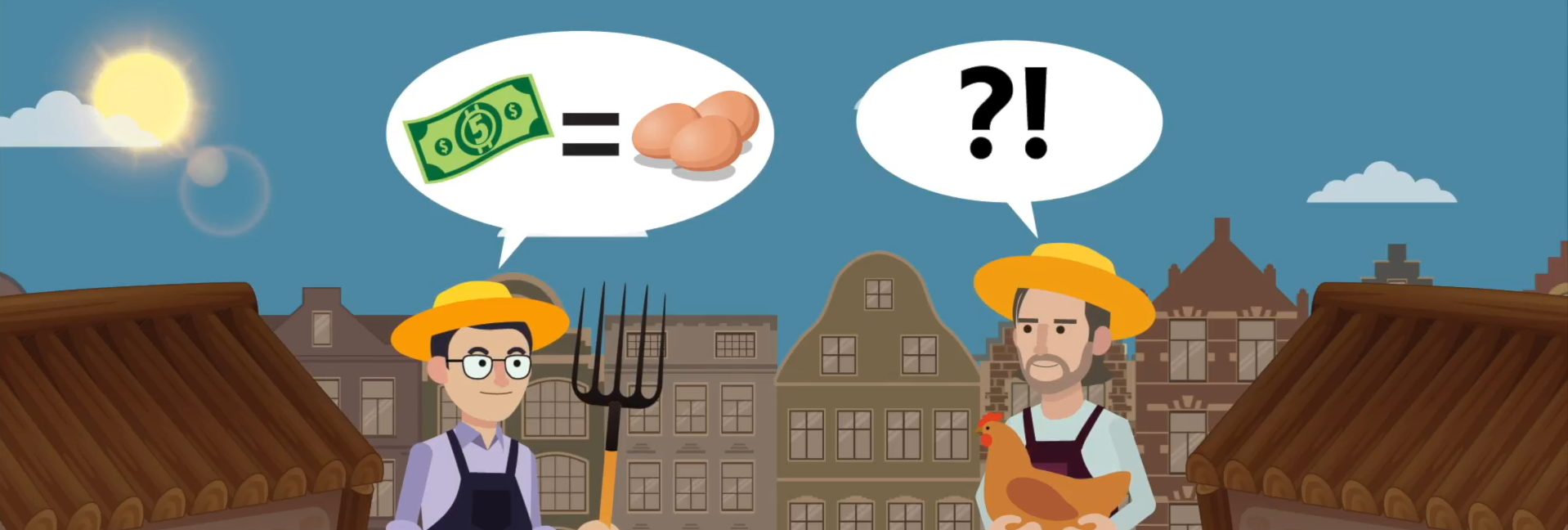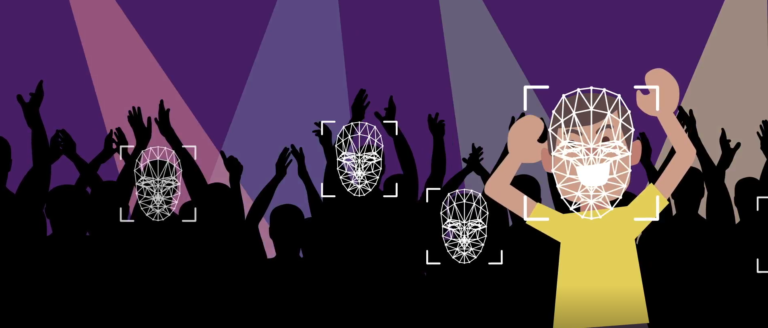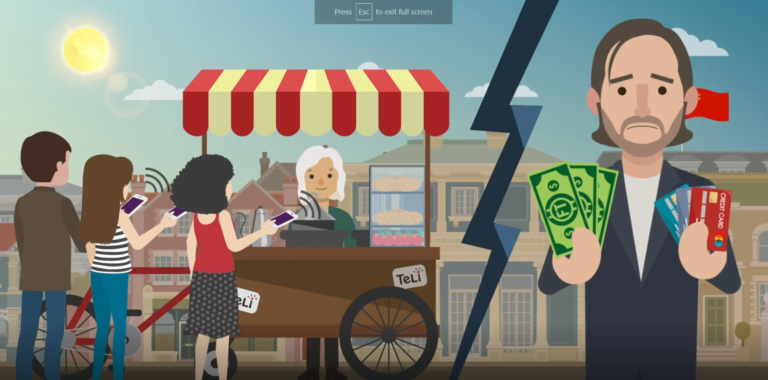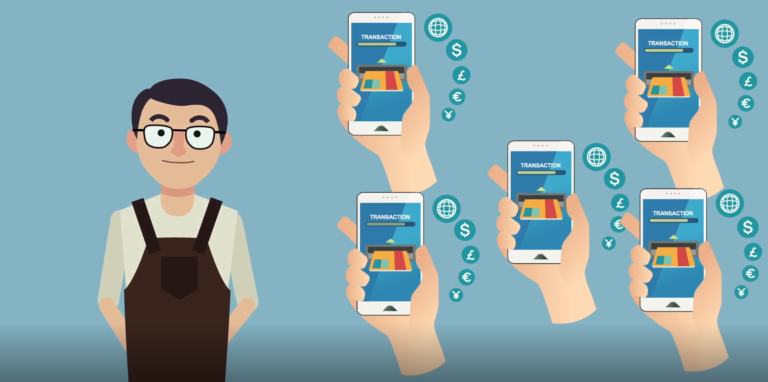Transcript
We’ve just provided a number of examples where companies are trying to infuse social impact and hopefully, ethics into their FinTech business models. What are some of your thoughts on the positive side of FinTech, and what do you see as the advantages going forward for impact-driven businesses?
Frequently we like to bucket certain types of business, call them social enterprises, for-profit or traditional types of businesses. But effectively, these are just businesses and we want them to be successful as a business. The difference is that they have infused a sense of purpose within their ethos, as we have seen in the examples in this chapter. There was a market opportunity, but also a social opportunity to create something that could be beneficial.
If we think about the complexity of the problems that we’re trying to solve, we have made it quite clear that government alone is not the answer. So in a very important and profound way, we need a partnership between private sector actors and government and global citizens, collectively trying to work on these problems. And these real entrepreneurial new businesses that come out with great leaders are thinking about how to do both. This is one of the things that will help us get to where we want as humanity.
This is especially true in places where the government sector is not as strong and there isn’t a social safety net. As we often tell our students, in many parts of the developing world, what we call social entrepreneurship is just survival. They’re not trying to solve a social problem. They just see a need and they are trying to fill that need.
The hallmark of most successful entrepreneurship adventures is the idea that you’re not trying to create a solution for a problem that doesn’t exist. Instead, you’re just trying to fill a void. In the case of Wave, for example, there is a massive population in developing countries, and potentially in the future even in the developed world, where they just need to access banking. They need to be able to save money and transfer money back home to their families to pay bills.
Another great example of this is from Africa. M-Pesa was primarily originally in Kenya, but now has expanded across Africa and even all over the world, providing mobile banking and payment transfers. The service does not even require smartphones. They are using old-school Nokia-style phones to give people the opportunity to leave the countryside, work in the more urban environment where there are more opportunities for jobs, and still be able to provide for their family back home by sending them money.
We think that will be one of the great trends of FinTech, this idea of providing things that may seem so elementary and basic to us, but a real value added for a lot of communities to increase labour utilization, time efficiency, and a whole host of other things. This will hopefully increase the quality of life for many of these folks.
But the impact does not stop at service that is basic or elementary to us. So as we’ve said earlier, some of these technologies are way ahead of what we would have here in Hong Kong, which is the so-called financial centre. For example, we don’t transfer money using our phones very often, and those tools are actually quite new here, whereas M-Pesa has already been used for many years.
Here, we may come across as someone who is scared of these technologies, especially facial recognition, but it is very exciting to think about the positive use of these technologies.







